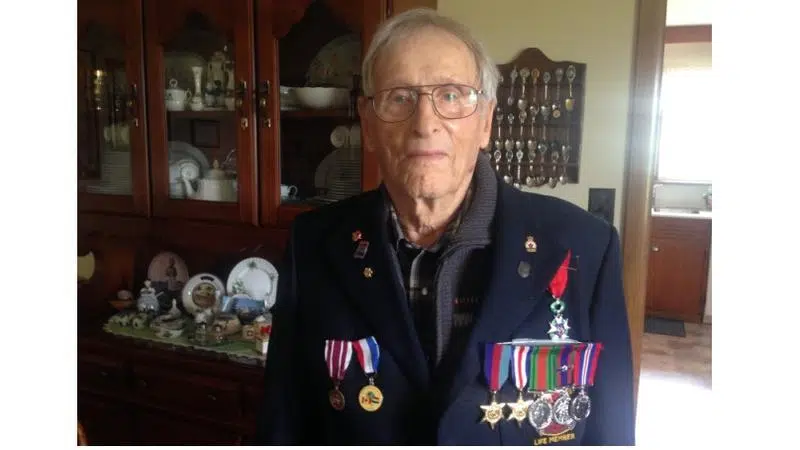
D-Day: 75 Years Later
Approximately 14,000 Canadian soldiers landed on Juno Beach in Normandy, France on June 6, 1944.
It’s believed 359 of them died that day. More than 5,000 Canadian soldiers would perish by the time the Battle of Normandy was over three days later.
Joseph Young of Lacombe County, who turned 100 on April 13, was there.


